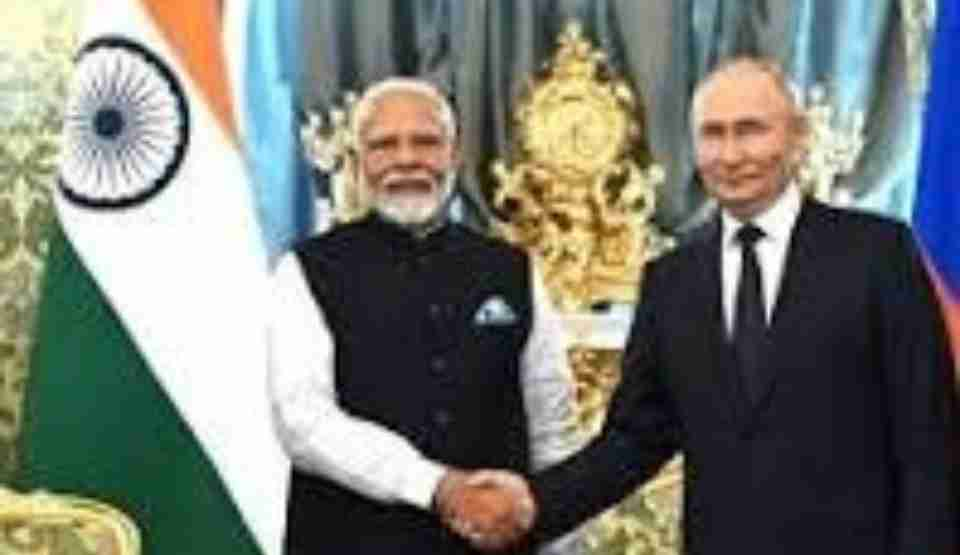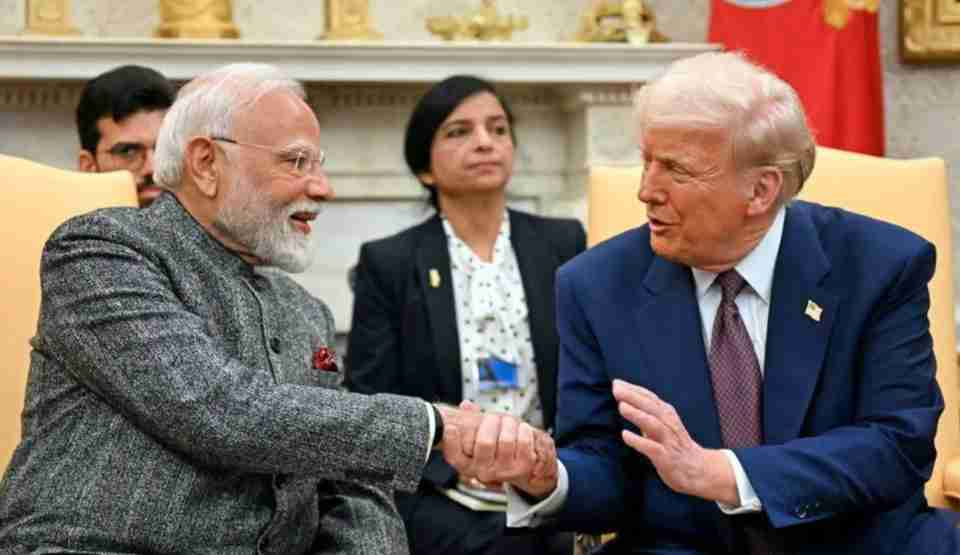US President Donald Trump has once again stated that India has committed to scaling back its acquisition of Russian crude oil.
During White House Diwali festivities on Tuesday, Trump told reporters that Indian Prime Minister Narendra Modi had given him assurances in a telephone conversation that New Delhi would significantly reduce its Russian oil purchases, driven by a shared desire to bring the Russia-Ukraine conflict to an end.
“I spoke to Prime Minister Modi today, as I mentioned before. And we just have a very good relationship. And he’s not going to buy much oil from Russia,” Trump said. “He wants to see the war end with Russia-Ukraine. And, as you know, they’re not going to be buying too much oil. So they’ve cut it way back and they’re continuing to cut it way back.”
Modi publicly acknowledged Trump’s call and expressed appreciation for his “warm greetings” on Diwali through social media, but made no mention of Russian oil in his statement.
The Indian foreign ministry has remained notably reserved on the matter. When Trump made comparable claims the previous week, ministry officials stated they were “not aware” of any such phone conversation between the two leaders. On Wednesday, a ministry official told the BBC there would be no additional comment on Trump’s recent statements.

India’s Energy Strategy
Following Russia’s 2022 invasion of Ukraine, India emerged as a major buyer of Russian oil as Western nations imposed sanctions and boycotted Moscow’s energy exports. New Delhi dramatically increased its imports, purchasing Russian crude at steep discounts—a move Indian officials defended as essential for ensuring energy security for its vast population.
Indian officials have also noted that numerous Western countries, the United States included, maintain ongoing trade relationships with Russia.
US Pressure Campaign
In recent months, American officials have criticized Delhi for indirectly financing Russia’s military operations through continued oil purchases—allegations that India rejects.
The Trump administration has deployed both public statements and behind-the-scenes diplomatic efforts to persuade Delhi to withdraw support from Russia’s energy sector, viewing this as crucial to economically weakening the Kremlin and hastening the war’s conclusion. Petroleum and natural gas constitute Russia’s primary exports, with China, India, and Turkey representing Moscow’s largest customers.
As leverage, the US imposed 50% tariffs on Indian goods—including an additional 25% penalty specifically targeting Russian oil purchases.
Signs of Diplomatic Thaw
Trump’s rhetoric has become markedly less confrontational in recent days as trade negotiations between Washington and New Delhi have gained momentum.
Last week, an Indian government spokesperson confirmed “ongoing” discussions with US officials, who had “shown interest in deepening energy co-operation with India.”
India has been engaged in intensive trade negotiations with the United States, seeking to finalize a comprehensive agreement in the coming months.
The Mint newspaper recently reported, citing three sources with knowledge of the discussions, that an announcement could be imminent and that “India may agree to gradually reduce its imports of Russian oil” as part of a broader deal.






